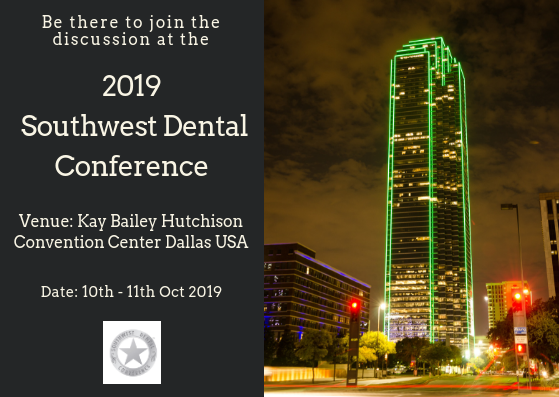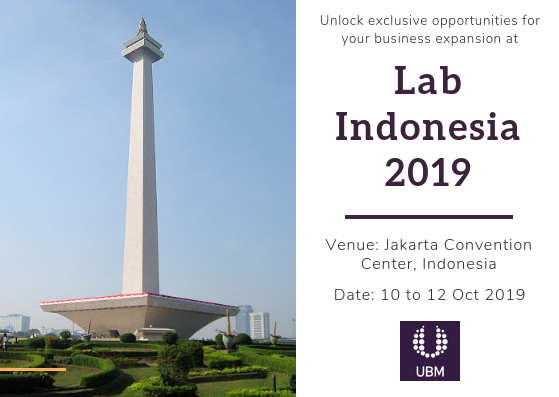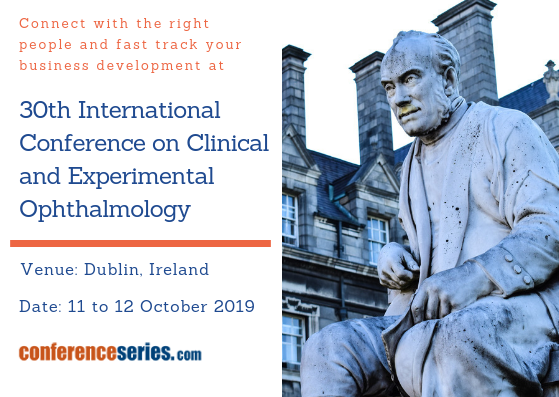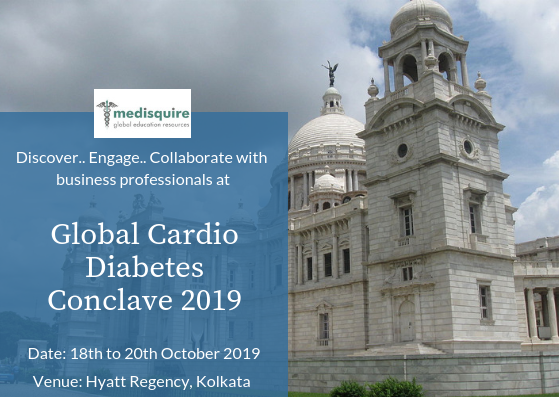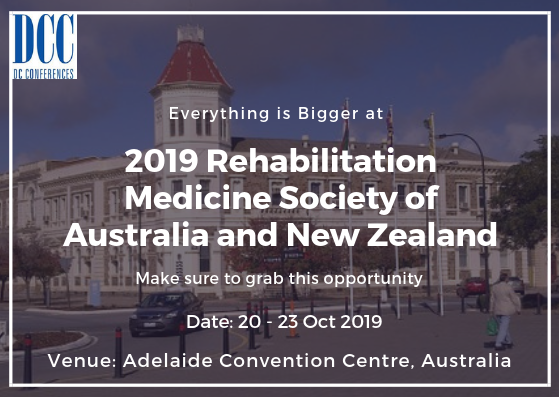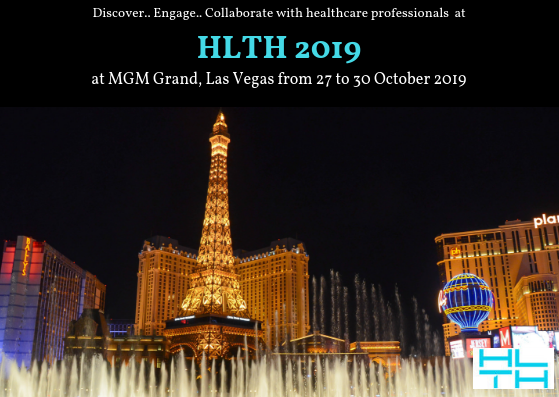Maybe this will be a “no duh” observation for those who work in healthcare or health IT, but a lot of doctors really hate the electronic health records (EHR) software they’re compelled to use.
As an InformationWeek staffer recently assigned to this beat after only occasionally covering health IT in the past, I was surprised how unanimously and passionately dissatisfied most doctors are with the usability of this software, which they see as draining rather than enhancing their productivity. I’m sure there are exceptions where doctors are more enthusiastic about technology, the software they are using is higher quality, or a little of both. But if you open the door to a conversation about how horrible medical records software is, you’ll get an earful.
Here’s what I’m basing this on. Having spent the past few months writing about massive open online courses (MOOCs) for the education beat, I was happy to discover a Coursera course on Health Informatics in the Cloud starting at just about the time that I needed to come up to speed on my new beat. I’m happy to say the instructor, Georgia Tech’s Mark L. Braunstein, MD, will be contributing toInformationWeek as a columnist, so watch for that. Braunstein has spent most of his career in healthcare IT, so I think it’s fair to say he’s a true believer in the potential and the necessity of digitizing medical information. However, when I turned to the course discussion forums I found a message thread titled “Health IT Doesn’t Fix Problems — Good Health IT Does.
sick patients in the ICU with our new hospital system. They also tend to hide the pertinent by scattering it through the program and displaying all types of ancillary data, time stamps, and formatted notes that are inserted to ensure appropriate coding, but get in the way of seeing what is important. I have made several errors by failing to find the correct information in the chart because it was buried in the note. Finding what is important has become a treasure hunt.”
In a follow-up post on dysfunctional workflow imposed by the software, he added, “I am not one of the physicians striving to resist change and implementation of EHR. There are so many valuable things this technology can bring to medicine. I am the chairman of our information systems committee in our hospital striving to make things work, but frustrated by the poor quality of products that have been forced into the marked by unrealistic timelines.”
In his posts and in an interview where he elaborated on the same themes, he made it clear that he sees the potential for health IT even though he has so far been disappointed by the reality. At about the same time that I was tuning into Denton’s rants in the classroom forum, a similar very active, overwhelmingly negative conversation popped up on the LinkedIn HIMSS group, under the title “Can we turn EHR dissatisfaction around?” (Hat tip to Jennifer Bresnick, an editor at Xtelligent Media, for getting the conversation started.)
The bottom-line answer from most (but not all) of the doctors and healthcare workers chiming in on that discussion was, essentially, no, not going to happen as long as there is such a mismatch between how the software in healthcare works and how the people in healthcare work. Clearly, the government agencies promoting the technology are in thrall to the software vendors, or why would they be pushing this so hard?
Typical lament: “How did IT get more powerful than the people who actually care for patients? The answer is that IT charges by the hour, while Docs can be made to do more work for less money, that is, add 2 hours work to every day without additional compensation. If we asked IT to do the hard work, we’d have to pay them.” I don’t want to quote by name without permission, but another commenter identified as a medical director for a healthcare group pointed out that any drug or medical device would have to be proven in FDA testing before being adopted into a hospital, while EHR software “impacts quality of care, and expecting to improve it ‘on the job’ causes delays in care, complications and death. Piece of advice, if anyone of you or your family has to go to a hospital make sure someone stays with the patient because the nurses will be on the computer.”
Offline, I’d been hearing something similar from a friend in my Toastmasters group who is an emergency room physician. Practicing for a speech to a professional organization he is active in, he put almost as much emphasis on the productivity drain from electronic recordkeeping (and the coming horrors of ICD-10expanding the number of codes to remember) as he did on the reimbursement squeeze aspects of Obamacare.
In both of the online conversations I referenced, there were technologists defending the good intentions of IT. They proposed solutions like better object-oriented software to separate generalized features from the requirements of a specific institution, or better use of either voice recognition or human-powered transcription to get the doctors away from doing so much data entry. But even those arguing that good EHR software is possible tended to acknowledge that a lot of EHR software is crummy. I hear the same thing from EHR vendors when they’re talking about other people’s products
One of my classmates was a pediatrician named Dave Denton, and the point of his discussion was that he hadn’t seen a heck of a lot of good health IT.
“I use several EHRs in my clinic and hospital,” wrote Denton, who practices in Portneuf, Idaho. “None of them allow transmission of data between systems. They all are encumbered by poor graphic user interfaces that make it hard to see patient data in a way that makes sense and helps.














